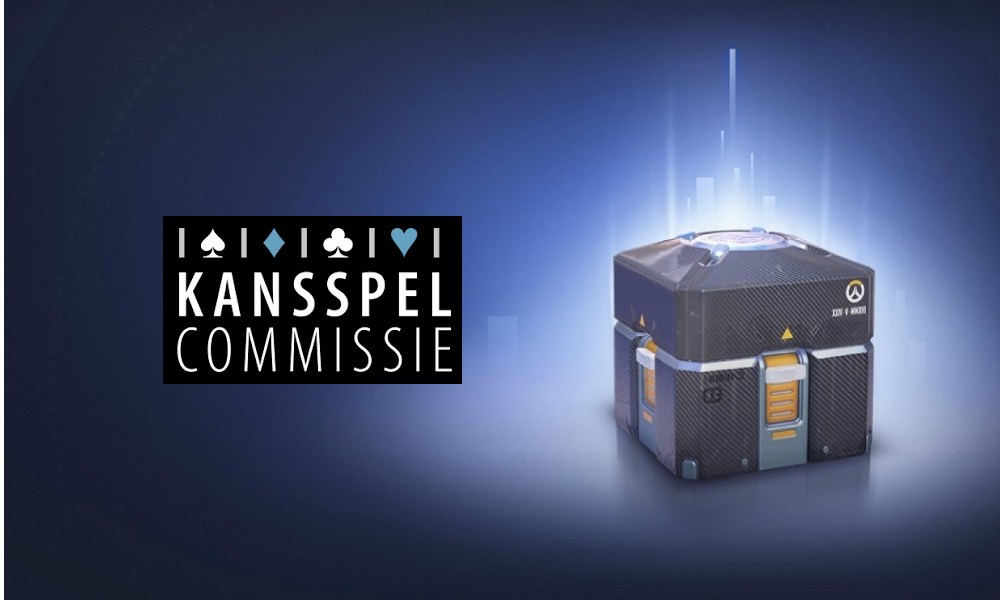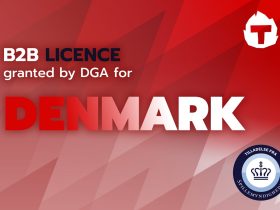 Reading Time: 4 minutes
Reading Time: 4 minutes
Belgian Gaming Commission lays groundwork for prosecution as Belgian justice minister meets with stakeholders to find an alternative
The Belgian Gaming Commission (BGC) has suggested that criminal prosecution should be undertaken against Electronic Arts, Valve, and Activision Blizzard over loot boxes in their respective games.
With the release of its research report on loot boxes,the BGC has clearly defined the parameters of what does and does not constitute gambling, and the ways in which FIFA 18, Counter-Strike: Global Offensive, and Overwatch each contravene the legislation.
The report lays out recommendations of what steps should be taken next to handle the issue.
Although the BGC has suggested criminal prosecution first and foremost, it will not proceed until Belgian minister of justice Koen Geens has met with industry stakeholders to begin a dialogue on the issue.
Speaking with GamesIndustry.biz, BGC director Peter Naessens said: “We are going to take all preparatory measures for the drafting of police reports, but it’s not going to be tomorrow. There is a certain amount of time for the minister of justice, but it’s not unlimited.” – Peter Naessens, Belgian Gaming Commission director
Other recommendations from the BGC include developing specific permits for video games that feature loot boxes, and marking them accordingly. This is coupled with the suggestion of age verification in stores when purchasing codes or gift cards, and a principal ban on minors being able to purchase games featuring the mechanic.
Regarding distributors and operators, the BGC recommended that a clear indication of winning odds be provided and that its technical assessment team be granted complete control over the random number generators used for loot boxes.
Additional provisions over player data and payments were recommended, along with the introduction of a user spending limit.
License holders such as FIFA and Disney were also pulled up by the BGC, which suggested such companies pay closer attention to the sort of mechanics appearing in their games.
Unlike the Netherlands’ recent decision regarding loot boxes, the Belgian ruling does not consider the option to sell or trade the contents of loot boxes as an important factor when determining whether or not the mechanic might constitute gambling.
The BGC defines gambling as any game whereby a wager can lead to loss or win for at least one of the players, and where chance may even have a secondary role in the course of the game, the winner, or size of the winnings.
While its definition may appear less applicable to loot boxes than the Netherlands Gaming Authority, the BGC clearly defined the many ways in which the offending games are in breach of the legislation.
Taking Overwatch as an example: using real money, players can purchase loot boxes containing random collectable items, which constitutes a wager. The chance of a win or a loss concerns the wager itself versus the value of the items in the box. Despite being entirely aesthetic and not tradeable outside of the game, the items have player-ascribed value that is altered by artificial scarcity, limited edition items, and the four categories of rarity.
As Blizzard does not allow players to purchase credits directly, they are encouraged to purchase loot boxes containing in-game currency in order to obtain items faster than they would by just playing the game.
“The chance of losing your wager (the cost of the loot box) is, of course, ever-present now that testimonies and research have shown that players have a substantial chance of obtaining an object or item that they already own,” the report reads.
“Both in the purchase of loot boxes and in the entire operation of the game, all of this can lead to pure manipulation of individuals or groups of players” – Research Report on Loot Boxes, Belgian Gaming Commission
The BGC calculated that, should a player wish to collect every item, they would have to open somewhere between 1,300 and 1,600 loot boxes.
Considering the aspect of chance, things become a little murkier, though the BGC is operating on the understanding that players believe the content is determined by chance, even if there were no odds communicated directly.
“Both in the purchase of loot boxes and in the entire operation of the game, all of this can lead to pure manipulation of individuals or groups of players,” the report reads. “The line between encouragement and manipulation is sometimes difficult to differentiate in an online environment where one party (game manufacturer/game platform) records almost everything and the consumer who plays the game rather passively from this perspective.”
Blizzard did not respond to the commission’s requests for more information.
Many within the games industry have criticised the assumption that loot boxes which do not contain items of monetary value outside of the game constitute gambling, drawing comparisons to collectible card games such as Pokémon or Magic the Gathering.
“It might be considered as gambling, but in our legislation there is an exception for it,” Naessens told GamesIndustry.biz. “So Pokémon cards, if they are going to introduce a wheel of fortune, roulette, or a blackjack game in order to determine the contents, it will also be problematic and we will examine it as well.
“But in our legislation, card or party games are exempt from gambling [legislation]. If Pokémon cards were to introduce the gambling element to their game, it would be very problematic as well.”
Essentially, the BGC argues that players are “lured into betting money through loot boxes with a range of techniques”.
When making the decision, the BGC considered aspects such as social behaviour monitoring, as demonstrated with the “exploratory” patent filed recently by Activision which is designed to encourage microtransaction spending through player monitoring.
“If [Pokémon card] are going to introduce a wheel of fortune, roulette, or a blackjack game in order to determine the contents, it will also be problematic and we will examine it as well.” – Peter Naessens, Belgian Gaming Commission director
Other considerations include the “fusion of fiction and reality”, highlighting the use of the footballer Cristiano Ronaldo to advertise the most expensive loot boxes in EA Sports’ FIFA and “whitewashing the behaviour of the super-rich in the football world or the possibility of match-fixing”.
Tying into this point is the use of limited edition items to drive loot box sales, and the use of game-specific currencies that are “psychologically very sophisticated” and fully disconnect the value of real money from the value of in-game currency.
Game operators failing to enforce a spending limit, combined with readily giving away free loot boxes in order to attract players was also considered a dangerous aspect of the mechanic.
Despite a recent assertion from Electronic Arts CEO Andrew Wilson that FIFA 18 loot boxes do not constitute gambling, the clock is ticking and the publishing giant, along with Valve and Activision Blizzard, will invariably have to make changes or forgo the Belgian market entirely.
Although progress will be slow, momentum is gathering as gambling legislators from around the world turn their gaze towards the issue of loot boxes. According to Naessens, BGC has been in contact with officals in Spain, Germany, Finland, America, and Asia.
Source: gamesindustry.biz
Source: European Gaming Industry News





